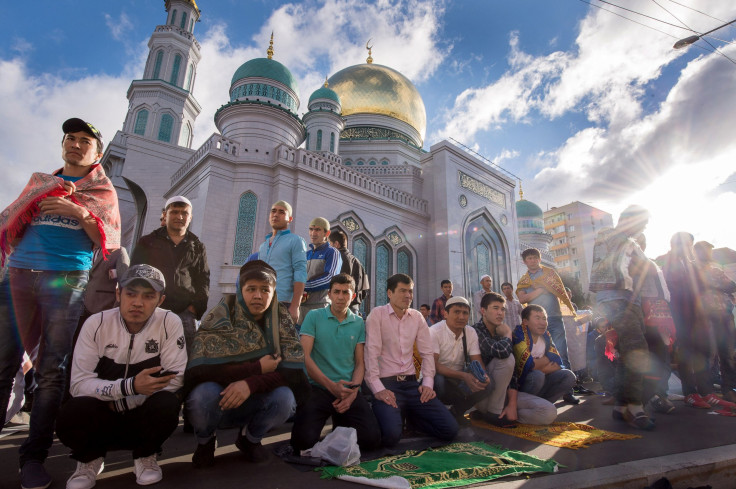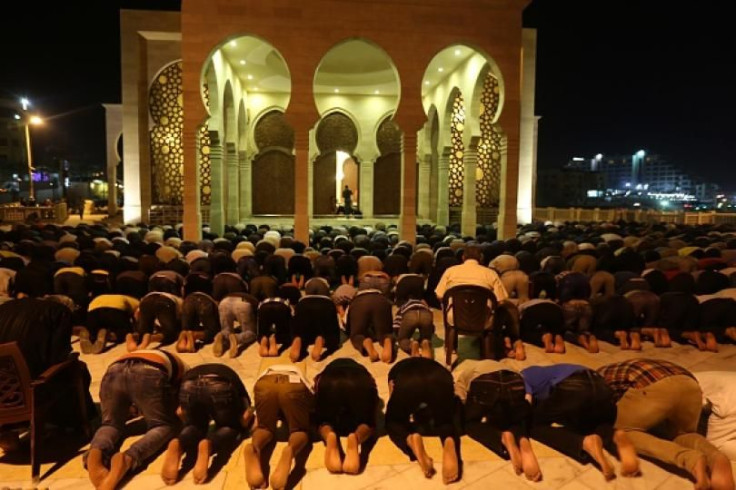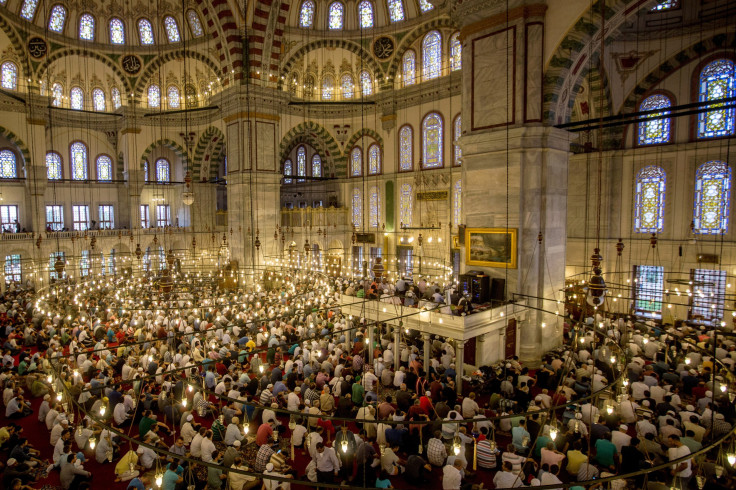When Is Ramadan 2017? Why Does Muslim Month Of Fasting Start On Different Dates Every Year

Muslims around the world are preparing for the start of the holy month of Ramadan, which falls in the ninth month of the Islamic calendar. This year, the fasting month will most likely begin on May 27, depending on sighting of the moon.
The last lunar month before Ramadan, called Shaban, began Thursday evening after Saudi Arabia and other Muslim-majority countries were unable to sight the moon Wednesday evening. In Pakistan, the chairman of the Central Ruet-e-Hilal committee Mufti Munib-ur-Rehman announced the sighting of the Shaban moon.
In the United States, the Fiqh Council of North America (FCNA) announced that beginning of the Muslim holy month would be observed from May 27, based on astronomical predictions. Europe will also observe Ramadan starting from May 27, as per the European Council of Fatwa and Research, and the Islamic Relief UK charity. The holy fasting month will end June 24, and after the moonsighting, the following day will be marked as Eid al-Fitr.
Read: Ramadan Quotes In English

"The Fiqh Council of North America recognizes astronomical calculation as an acceptable Shar'i method for determining the beginning of Lunar months including the months of Ramadan and Shawwal. FCNA uses the criteria of European Council of Fatwa and Research (ECFR), which are that somewhere on the globe, at the sunset, the elongation should be at least 8 degrees and moon should be at least 5 degrees above horizon," FCNA said, in its announcement. "If this condition is met the month starts the next day, otherwise the month starts on the day following next. The presence of moon above horizon at sunset is the basis."
Saudi Arabia and other Muslim-majority countries depend on the testimonies of local moon sighters before officially declaring the beginning of Ramadan. The Judicial High Court then makes a decision on when Ramadan begins.
Ramadan’s start date changes every year because it is determined using a lunar calendar and the holiday always falls during the calendar’s ninth month. As the Gregorian calendar used in most of the Western world is based on the sun, the date for Ramadan moves back and forth each year by several days.
Muslims across the world mark Ramadan by fasting from dawn until dusk (abstaining from both water and food), prayer and almsgiving. All three activities are among the five pillars of the Islamic faith.

The fasting usually begins with Muslims waking up around 4 a.m. or 5 a.m. to eat and drink ahead of their daylong fast. At sundown, the daily fast is broken with the iftar meal, which usually consists of dates, sweet drinks, and desserts. During long summer days, fasting could last as long as 19 hours a day.
The holy month of Ramadan ends with Eid al-Fitr, which means “festival of breaking the fast.” On this day, Muslims traditionally begin with prayers known as Salat al-Fitr. Muslims are not allowed to fast on Eid day.
"The Astronomical New Moon is on Saturday, June 24, 2017 at 2:33 Universal Time. On that day, somewhere close to South Africa at sunset the elongation is 8 degrees and moon is 5 degrees above the sun. Therefore, first day of Shawwal 1438 is on Sunday, June 25, 2017, insha'Allah," the FCNA said about the end date of Ramadan.
© Copyright IBTimes 2024. All rights reserved.





















